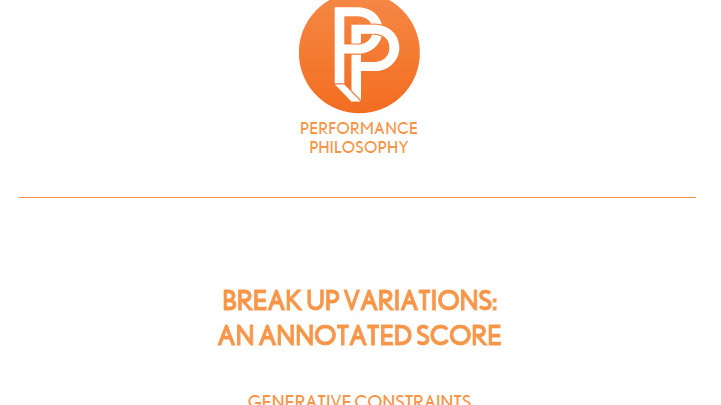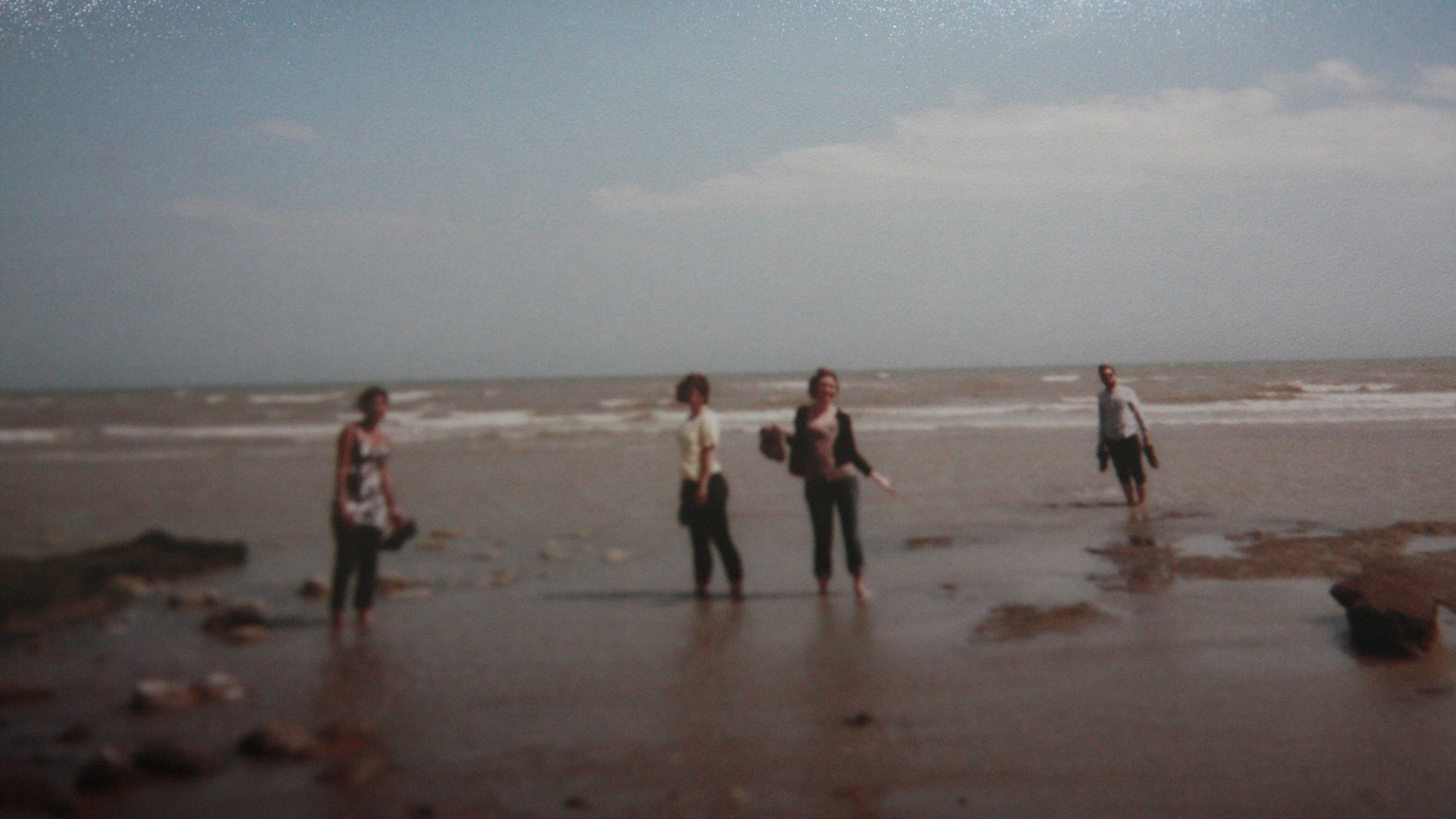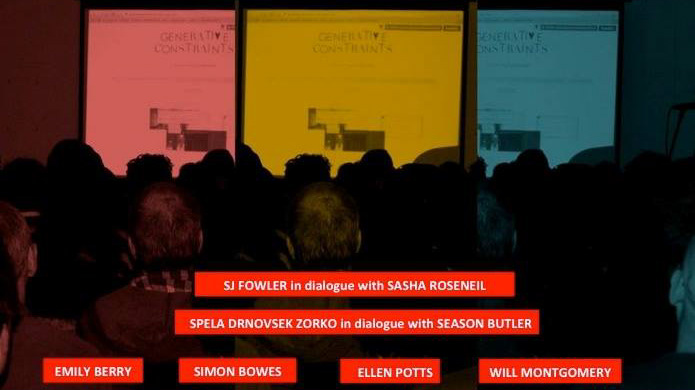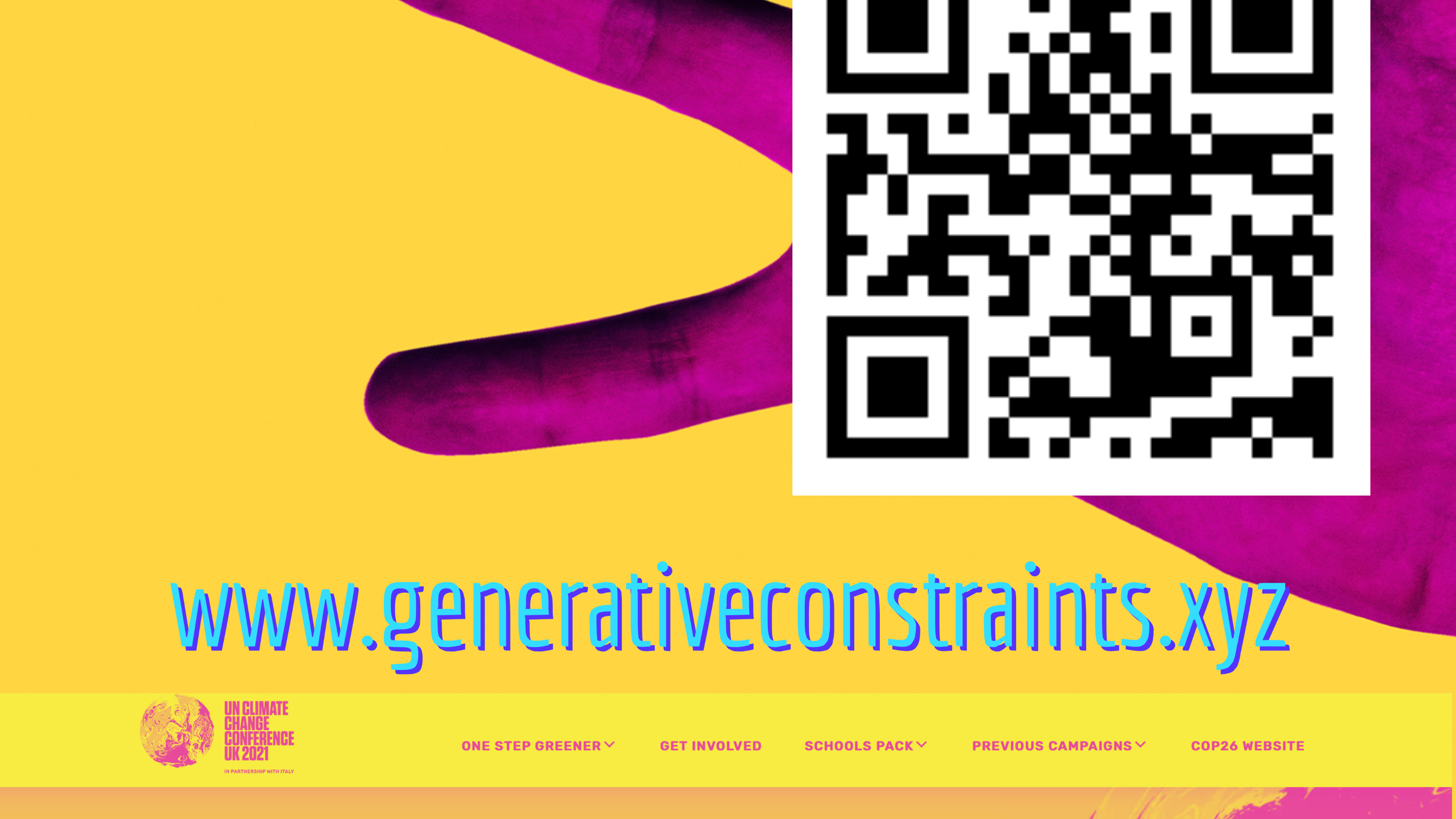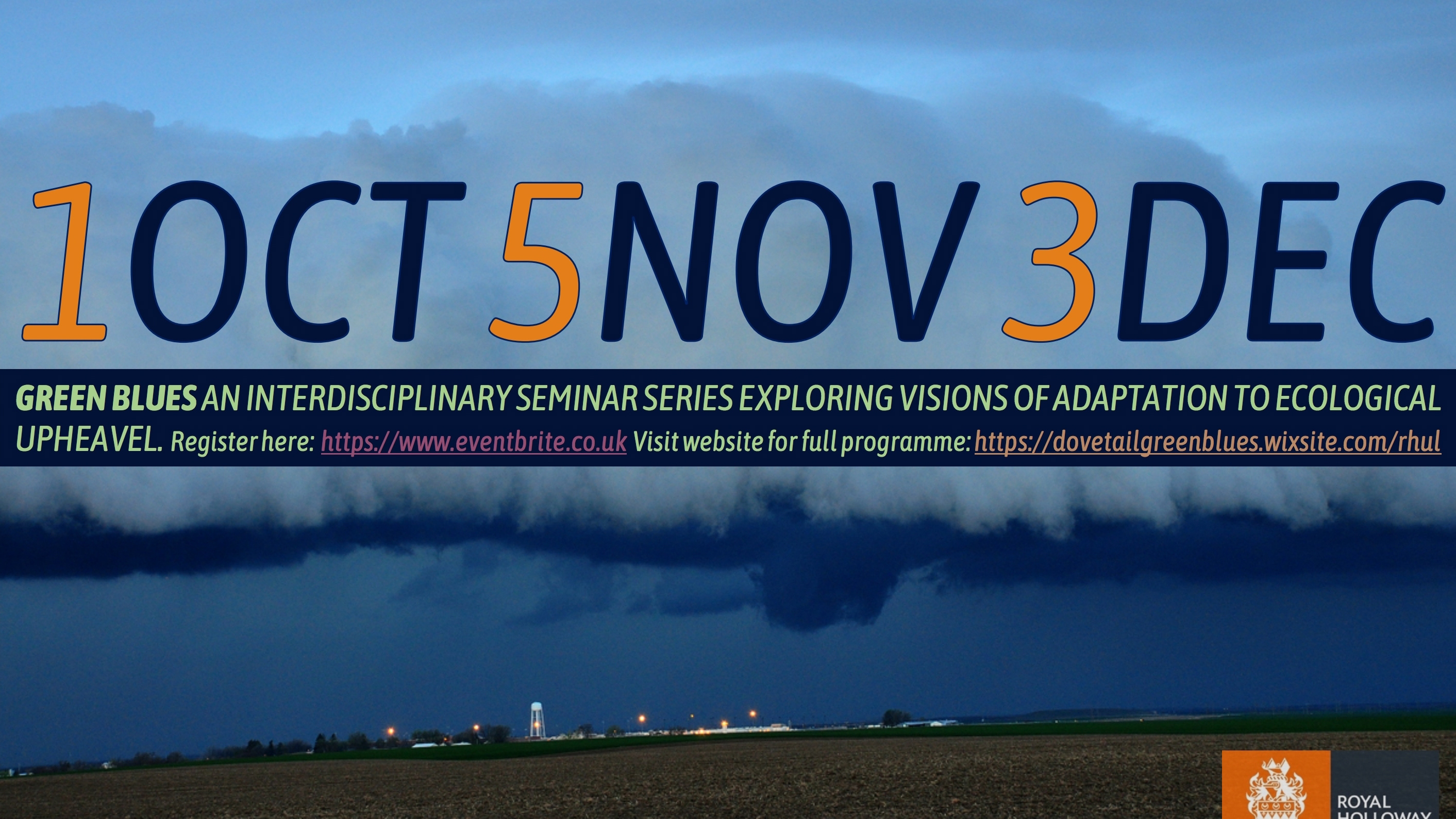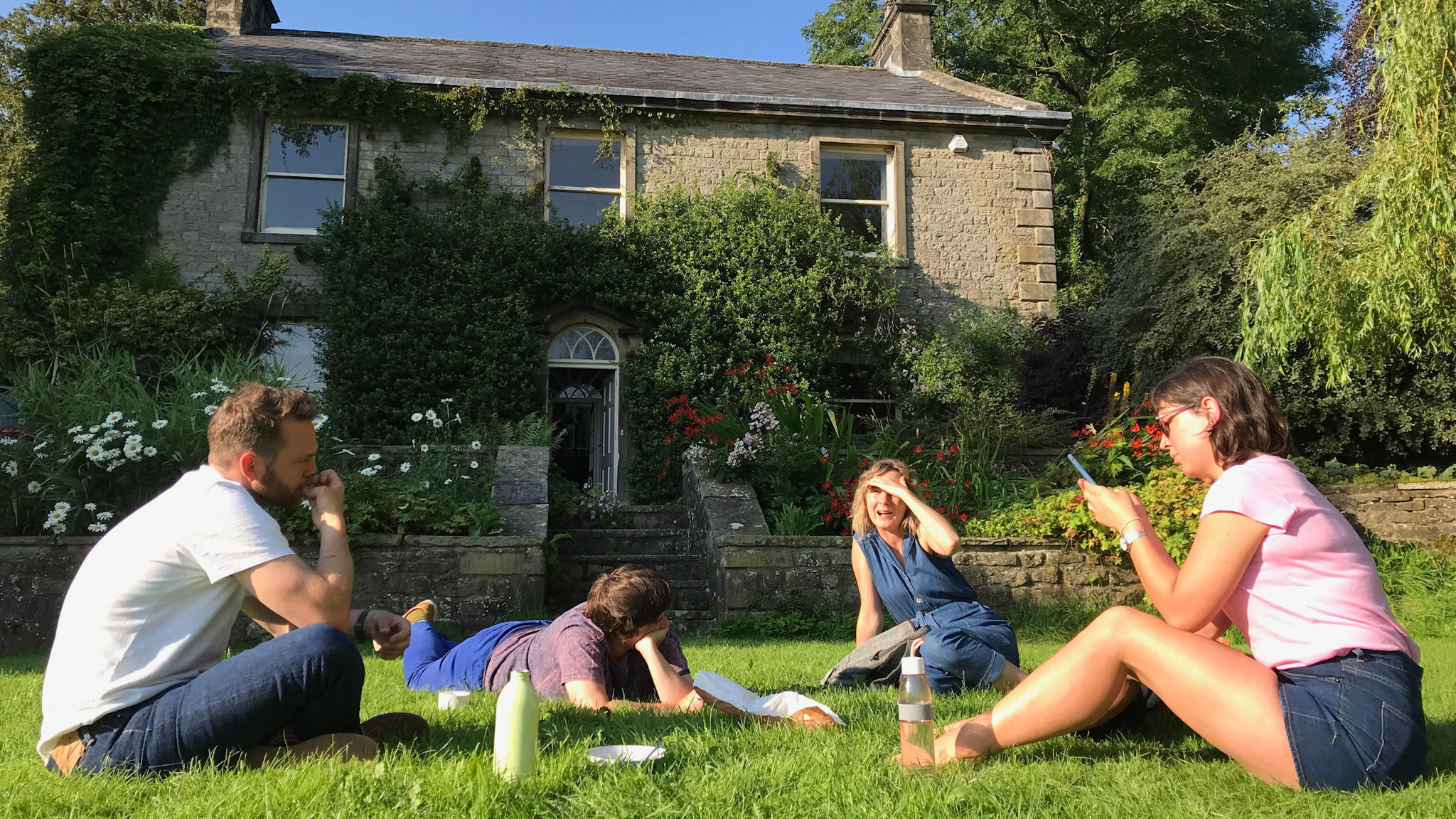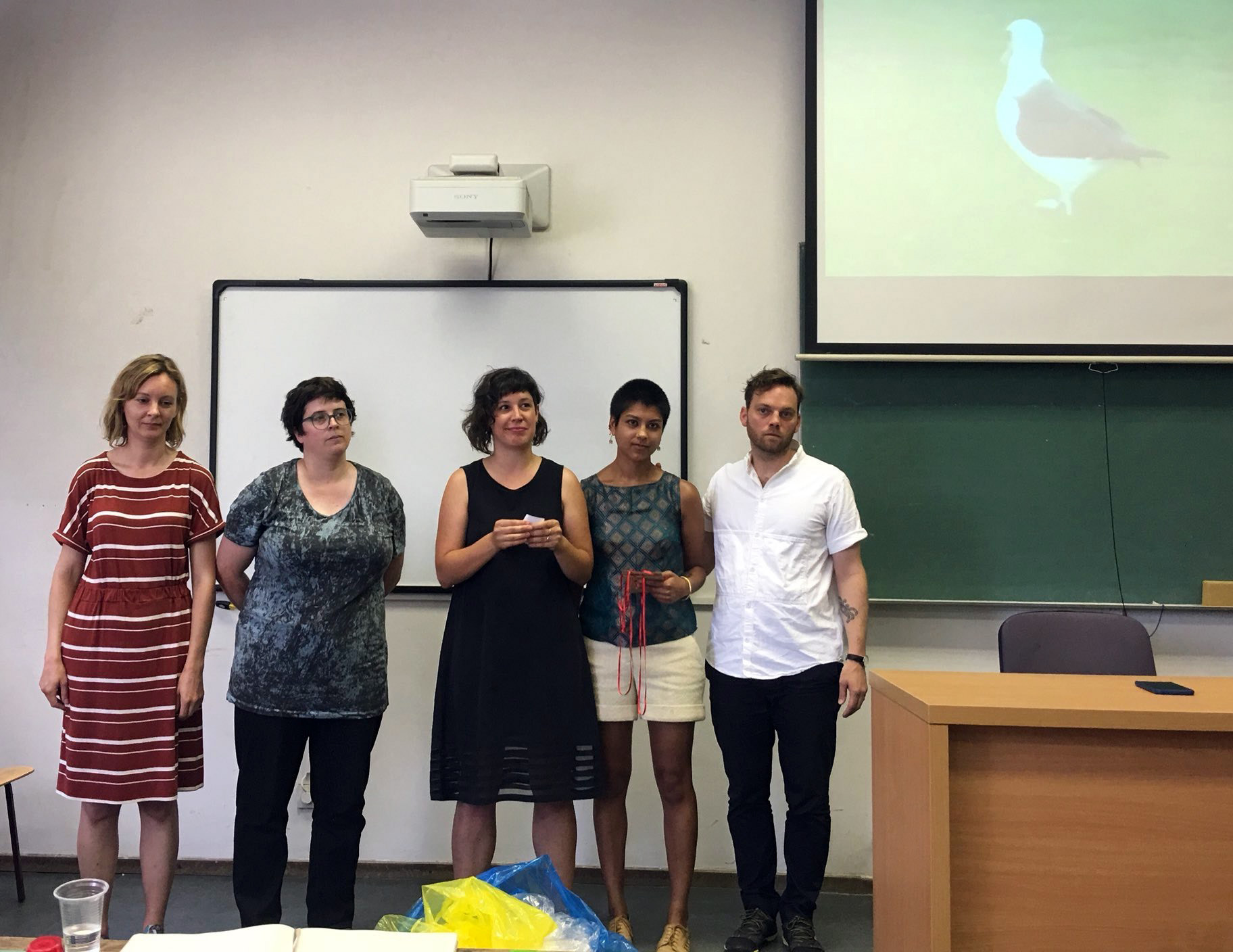
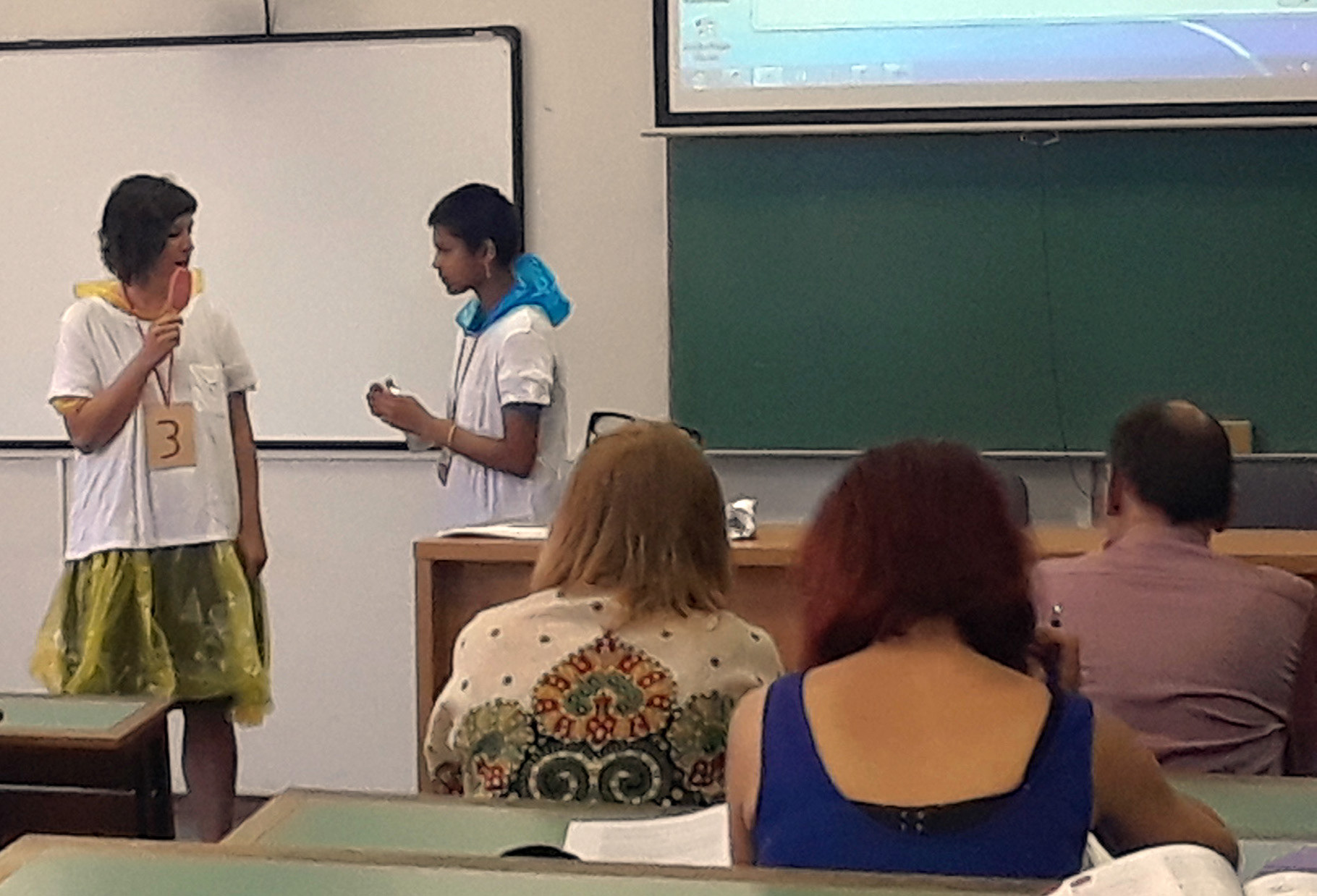
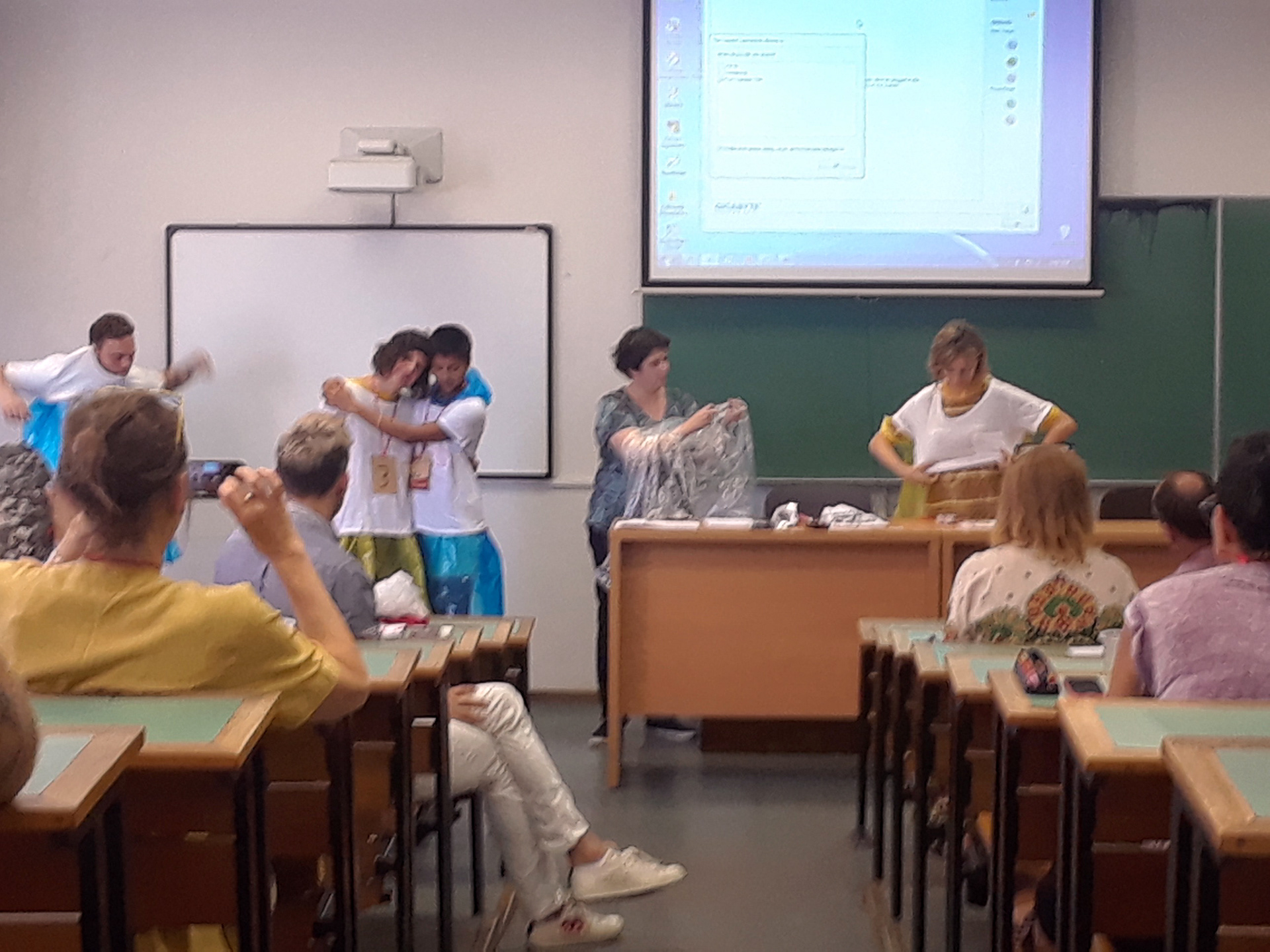
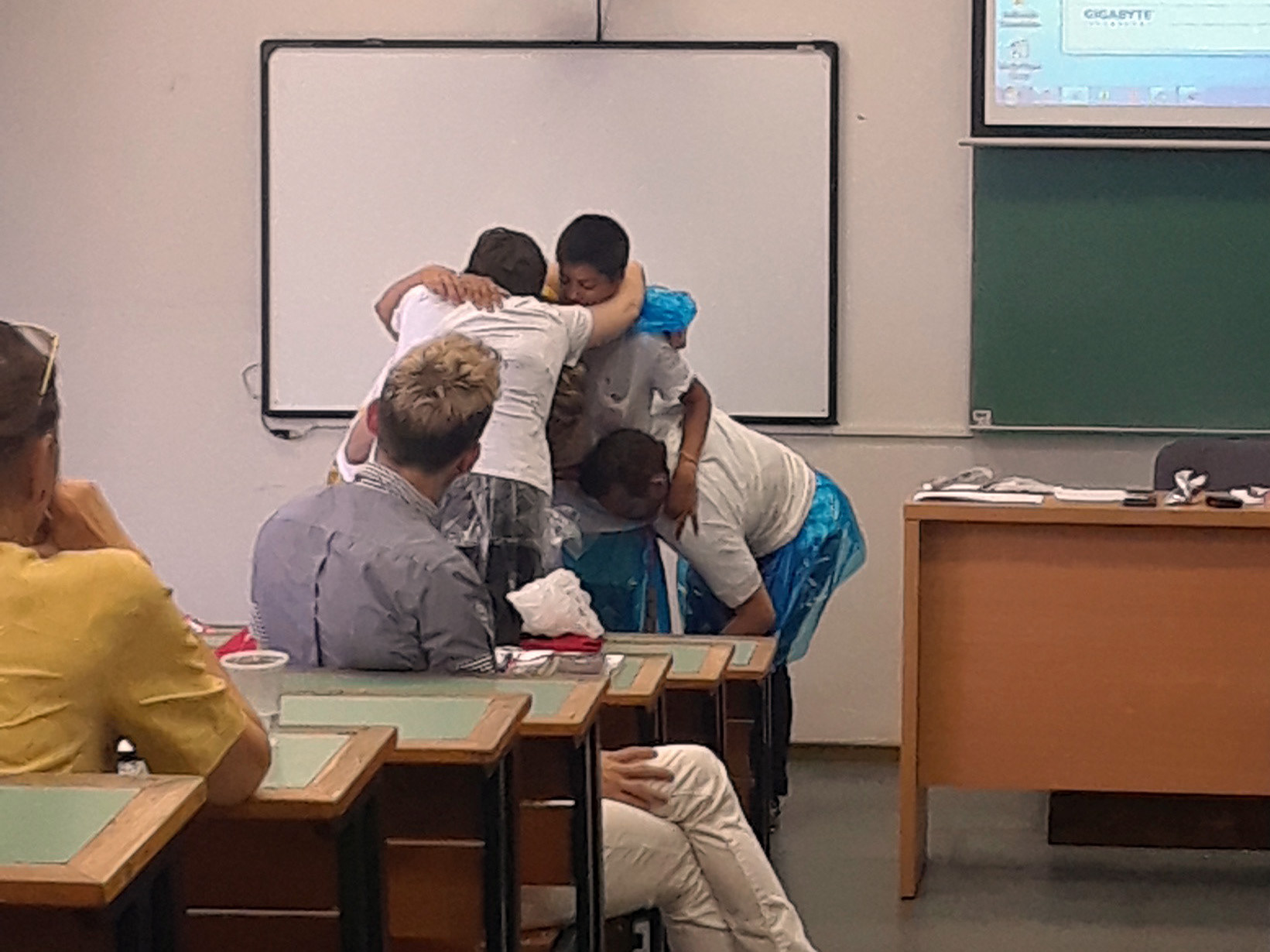


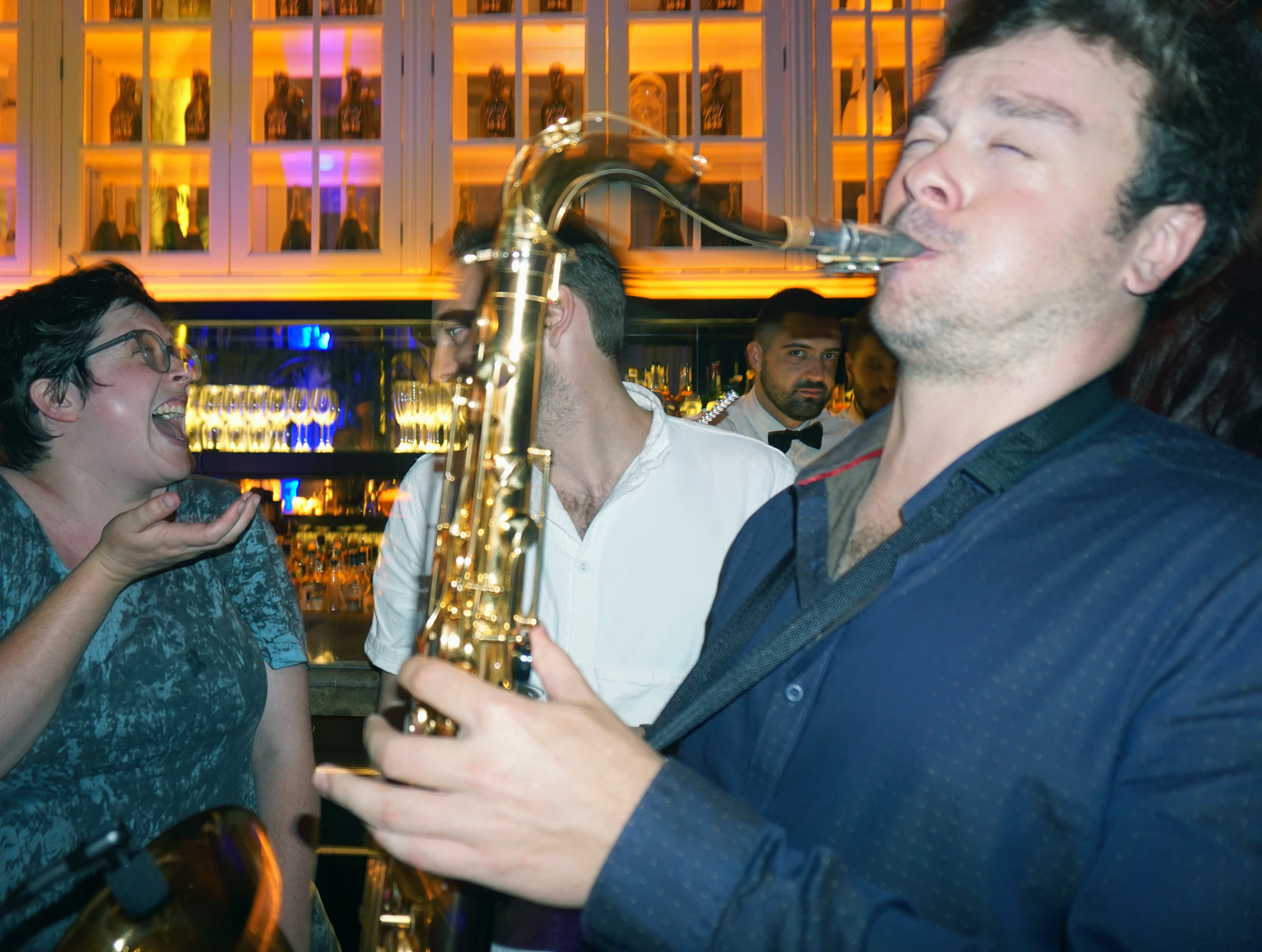
9-10.30am, 11th July 2018
Faculty of Philosophy, University of Arts, Belgrade
Faculty of Philosophy, University of Arts, Belgrade
Working Group: Performance as Research
Generative Constraints is a committee that practises open-ended collaborative research into art, politics, and theory. We experiment with processes and structures of criticism, performance, poetics, and writing. Our activities include organising conferences and public dialogues, teaching, making original creative works, as well as digital publishing and exhibition curation. As researchers, the members of Generative Constraints have various areas of interest: affect theory and feminism, performance criticism and political philosophy, dramatic radio poetry and sound theory, experimental feminist poetics and translation, time and performance philosophy, experimental fiction and lexicography. As writers and art practitioners, we work with various forms: page-based poetics, criticism, radio poetry, image and video, live art, the novel. As members of a committee, we understand our dynamics in terms of the desire to collaborate and the inevitability of conflict. Committee Members: Diana Damian Martin, Royal Central School of Speech and Drama; Kate Potts, Royal Holloway; Nisha Ramayya, University of Kent/Royal Holloway; Nik Wakefield, Royal Holloway; Eley Williams, University of Greenwich.
Break Up Variations concerns itself with the disciplinary and geographic migration of the ‘break-up’. Taking an ecological perspective, the performance examines how group division and dissolution, perhaps even non-alignment, might build solidarity at a time of crisis - through a confrontation with the challenges of collaboration, disagreement, and community-led conflict resolution, the difficulties of acting professionally and the desire to keep working together despite it all. The performance-paper follows a curated event at Royal Holloway, University of London bringing together researchers, artists and thinkers to consider the strategies that art, science, politics and theory might offer each other for navigating - and possibly circumventing - the demise of relationships. If the working relationship breaks down, could the end of the group be considered a constitutive aspect of that group? These are questions about institutions as much as they are about interdependence on personal and planetary scales. In dialogue with this year’s conference topic, Theatre & Migration, Break-Up Variations explores collective knowledge production that both occupies and exits the academy. As a collective of five practice-based researchers with a diverse range of backgrounds and institutional relationships, Generative Constraints considers the dialogue between methodology and collectivity, the communicative axes of transdisciplinary research and the questions of sustainability and mobility at a time of geopolitical crisis. As such, Break-Up Variations stages ideas about romantic break-ups, political dissolutions and ecological collapse, via the work of Timothy Morton, Simone Forti, Chantal Mouffe and Anna Lowenhaupt Tsing.
Key Words
performance; ecology; practice based research; migration
